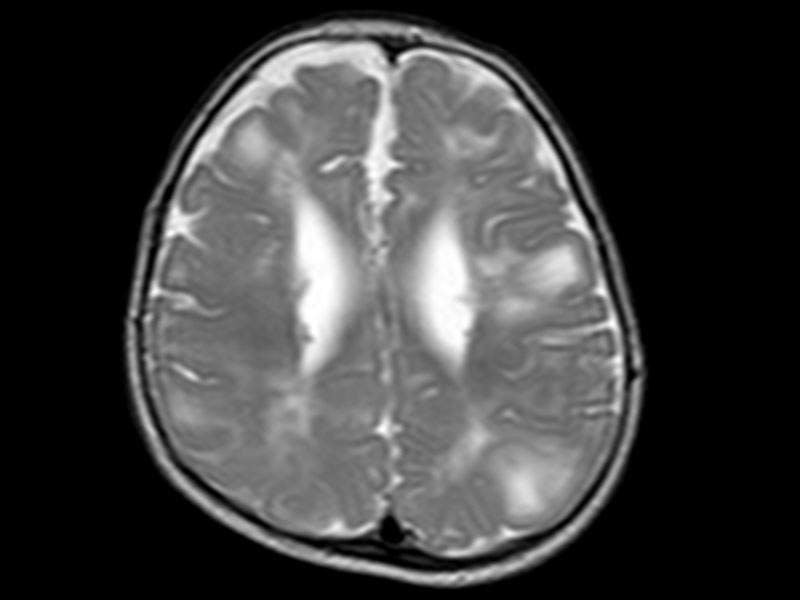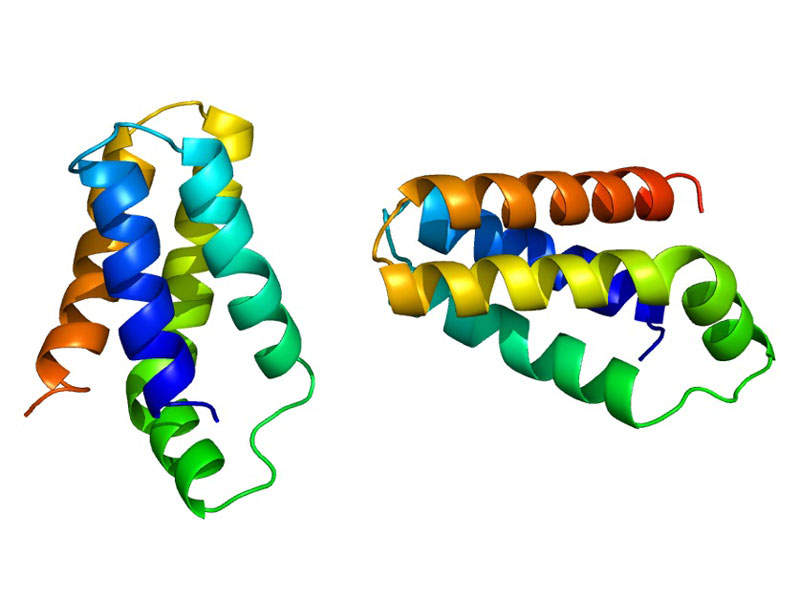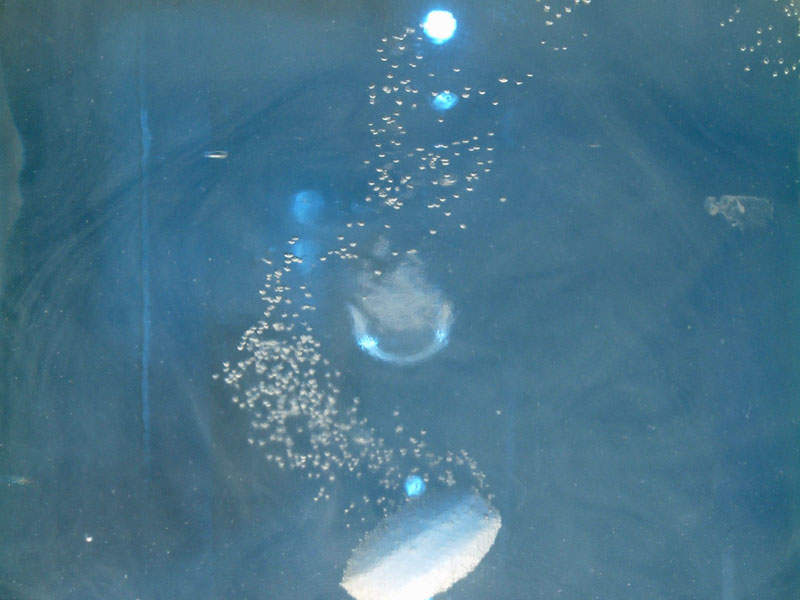Afinitor Disperz® (everolimus) is indicated for the treatment of tuberous sclerosis complex (TSC) associated partial-onset seizures in adult and paediatric patients.
Being one of the first pharmacologic therapies approved for the indication, the drug was discovered and developed by Novartis. It was approved by the US Food and Drug Administration (FDA) in April 2018.
The drug was also approved for the treatment of adult patients with renal angiomyolipomas and TSC in April 2012.
Marketed as Votubia® in Europe, the drug was granted marketing authorisation by the European Commission (EC) in January 2017.
Tuberous sclerosis complex causes and symptoms
TSC is a long-term genetic disorder that leads to the growth of non-cancerous tumours in vital organs, including the brain, kidney, heart, lungs and skin. The disease also results in epilepsy, autism, cognitive impairment, behavioural problems and psychiatric disorders.
Many children affected by TSC show the signs of the disease in the first year of life.
An estimated one million people are diagnosed with TSC across the world, and approximately 85% of the patients have epilepsy and uncontrolled seizures. It is also estimated that more than 60% of TSC patients associated with seizures do not respond to existing anti-epileptic therapies.
Afinitor Disperz’s mechanism of action
Afinitor Disperz® restrains mammalian target rapamycin (mTOR), which is responsible for regulating multiple cellular functions. The treatment results in dysregulation in the brain, extended survival and seizure suppression, as well as prevents the development of new-onset seizures, and premature death.
The drug is available in 3mg and 5mg dosed tablets, which can be dispersed in water for oral administration.
Clinical trials on Afinitor Disperz
The FDA’s approval for Afinitor Disperz® was based on results obtained from a Phase III clinical trial named ‘EXamining Everolimus In a Study of TSC’ (EXIST-3). It was a three-arm, randomised, double-blind, placebo-controlled trial.
The study enrolled 366 patients and evaluated Afinitor Disperz® as an adjunctive therapy in patients with treatment-resistant, TSC-associated partial-onset seizures that received between one and three anti-epileptic drugs (AED) compared to placebo. It was conducted for a period of 18 weeks.
The primary outcome measure of the study was the percentage reduction in seizure frequency from the baseline. The secondary outcome measures were the percentage of patients free from seizure during the maintenance period and change in seizure frequency.
The study’s results demonstrated that patients treated with Afinitor Disperz® experienced fewer treatment-resistant TSC-related seizures compared with placebo. In addition, the median percentage reduction in seizure frequency was higher in patients treated with Afinitor Disperz®.
The results also showed that the seizure response rate was significantly greater in patients treated with Afinitor Disperz®, compared with placebo.
The most frequent adverse events reported during the clinical study were stomatitis, diarrhoea, upper respiratory tract infection, fever, vomiting, cough and rash.
Marketing commentary on Novartis
Headquartered in Basel, Switzerland, Novartis is one of the world’s largest pharmaceutical companies. It offers a wide variety of products, including innovative medicines, cost-saving generics, biosimilar pharmaceuticals and eye care products.
The company has a workforce of 118,000 people worldwide and markets its products in more than 155 countries.






